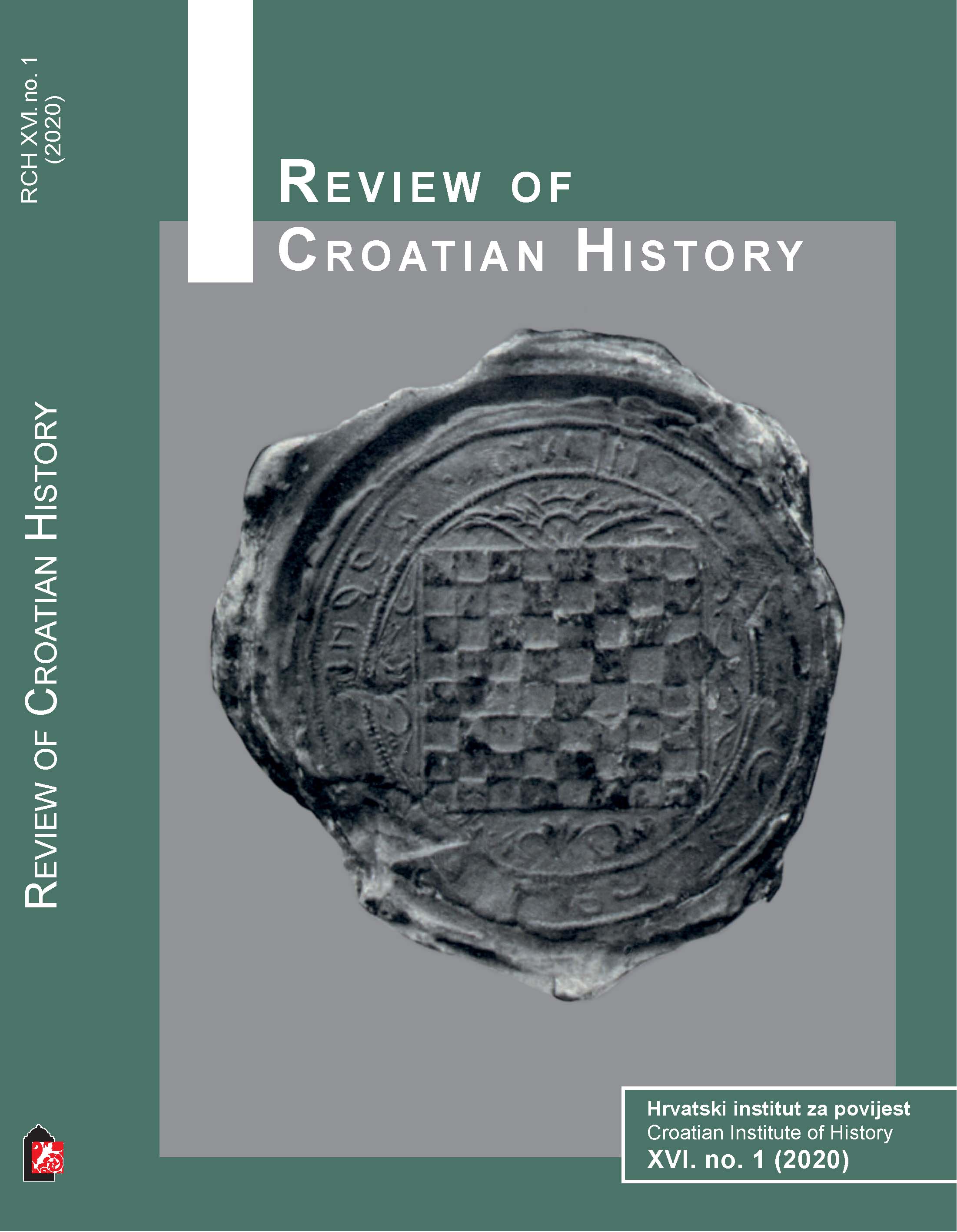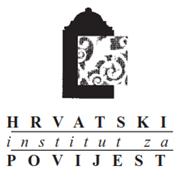The Development of Muslim Nation in Bosnia and Herzegovina
DOI:
https://doi.org/10.22586/review.v16i1.11491Keywords:
Bosnia and Herzegovina, Balkans, nationalism, nation, ethnic conflicts, MuslimsAbstract
The main goal of this article is to show the conditions and circumstances of the formation of Muslim nation in communist Yugoslavia and the increase of its significance during and after the civil war 1992-1995. Furthermore, author presents the characteristics of contemporary nationalism, and distinguishes specific Balkan nationalism, which is often chauvinistic, ahistorical, militant and exclusive, of ethnocultural character. The identity of Bosnian Muslims originated from belief that their origin, language and culture related to Bosnia and Herzegovina, which makes them different from the Turks and other Islamic nations living in the Ottoman Empire. The genesis of forming Muslim nation in Yugoslavia is interpreted in various ways by the researchers. There is a hypothesis that it has been developed thanks to activity of young people who convinced Josip Broz Tito that such decision would reduce tensions between the Serbs and Croats in Bosnia and Herzegovina. According to the Author, Muslim inhabitants of Bosnia and Herzegovina can’t be a separate nation, above all, since the followers of Islam were nationally indifferent, and their cultural legacy is completely different than Serbian and Croatian legacy.
Downloads
Published
How to Cite
Issue
Section
License
Copyright (c) 2020 Review of Croatian History

This work is licensed under a Creative Commons Attribution-NonCommercial 4.0 International License.
The copyright holders are the Croatian Institute of History (as the publisher) and the authors.
The Review of Croatian History is an open-access journal. Its contents are freely accessible in their entirety. Users may read, download, copy, distribute, print, search, or put links to its material, and to change, reword, and process the material or use it in other legal ways, as long as they cite the original in the appropriate manner, in accordance with the Creative Commons licence CC BY-NC.
Works published in the Review of Croatian History may be deposited in institutional or thematic repositories, as long as the appropriate links to the web pages of the Journal and Hrčak (central portal of Croatian scientific journals) are made available.
The self-archiving policy is indexed in the Sherpa/RoMEO database, where it is visible that the journal allows the depositing of unreviewed (pre-print), reviewed (post-print), or publisher’s versions of the work.


